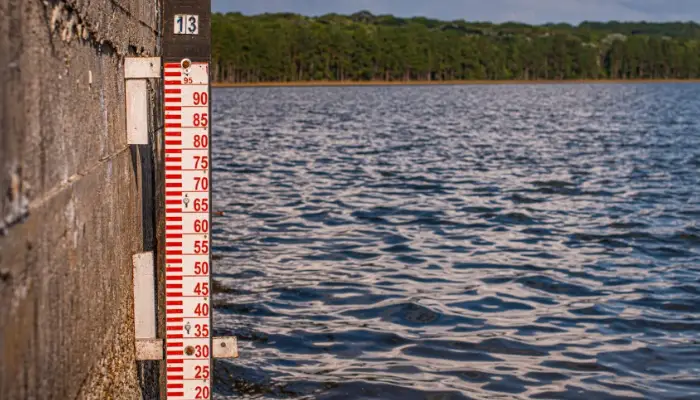Water companies contemplating their AMP8 smart water metering programmes could find that the optimal solution is delivered by combining their primary connectivity choice with targeted use of other technologies.
This is one of the findings of a new report prepared by Cambridge Consultants, the technology consultancy, analysing the effectiveness of different wireless connectivity technologies in the deployment of smart water metering networks.
The study compared four LPWAN (Low Power Wide Area Network) technologies – FlexNet, LoRaWAN, NB-IoT and Wize – against each other, analysing factors including radio performance, uplink frequency range and estimated battery life under four different deployment scenarios.
It found that FlexNet smart water metering outperforms other technologies for battery life and coverage in four main scenarios. Other solutions were found to be valuable where they support deployment in specific (e.g. rural) geographies.
The study concluded that while there are a range of valid technology choices, those choices will result in different outcomes.
Key findings:
- FlexNet delivered the best meter connectivity range and consistent battery life (c. 15 years) in all scenarios.
- LoRaWAN and NB-IoT technologies also performed strongly on range for some scenarios – especially in rural areas.
- FlexNet and LoRaWAN offer the longest battery life (c. 15 years) in the scenario where data is transmitted every six hours. This was closely followed by NB-IoT (c. 14 years).
- Strategic priorities should also play a part in technology decisions, as deployment timelines, up-front investment requirements and operational costs may differ.
To receive a copy of the report, contact the team at utilities@arqiva.com
Read the seven questions you should be asking your potential smart water metering supplier
Views

New research: the risks and opportunities around smart water metering investments

Living with less: planning for a water-scarce future

The indisputable benefits of smart water metering
